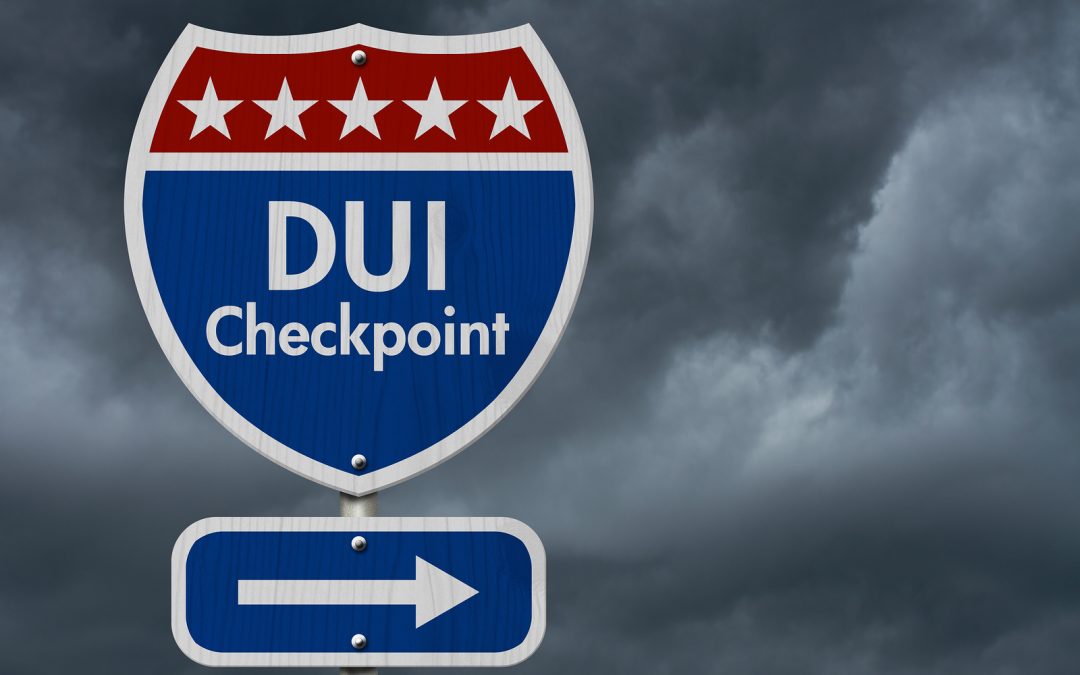One of the problems with DUI checkpoints is that innocent people are harassed by police. Without probable cause, law enforcement treats everyone traveling a certain route with suspicion. For hours at a time, each person encountering the checkpoint is aggressively assessed for driver intoxication. However, in Oklahoma, DUI checkpoints have legal support because they promise to reduce the incidence of driving while intoxicated.
Things You Should Know about DUI Checkpoints
DUI Checkpoints Are Legal – The Supreme Court has the final word and it says that DUI checkpoints, if properly conducted, are legal. In Michigan Dept. of State Police v. Sitz, the court decided, in 1990, that DUI checkpoints meet the standards of reasonable search and seizure.
Police Give Advanced Notice in the Media – To discourage driving while intoxicated, law enforcement makes information available to the public about the date and times of DUI checkpoints. For legal reasons, the time and location must correspond to the history of driving under the influence in the area.
You Can Perform a Legal Turn to Avoid a Checkpoint – If you see a police checkpoint ahead; you may legally turn to avoid it. But, you may not perform an illegal turn to avoid the checkpoint. Officers will pursue you for that.
Oklahoma Is an Implied Consent State – When you get your driver’s license, in Oklahoma, you give “implied consent” to submit to lawful requests for field sobriety tests. And so, an officer can request a field sobriety test. An individual may accept or refuse. If the person refuses; he or she automatically loses their license. Further, the officer can arrest you on suspicion of being intoxicated without a failed sobriety test.
DUI Checkpoint Participation Is Mandatory – When we encounter Oklahoma DUI checkpoints, we must stop. Certainly, if you do not, you will be arrested.
Our top Tulsa DUI lawyers are ready to serve you. If you need legal representation because of a DUI, contact Oklahoma Litigation Group now.


